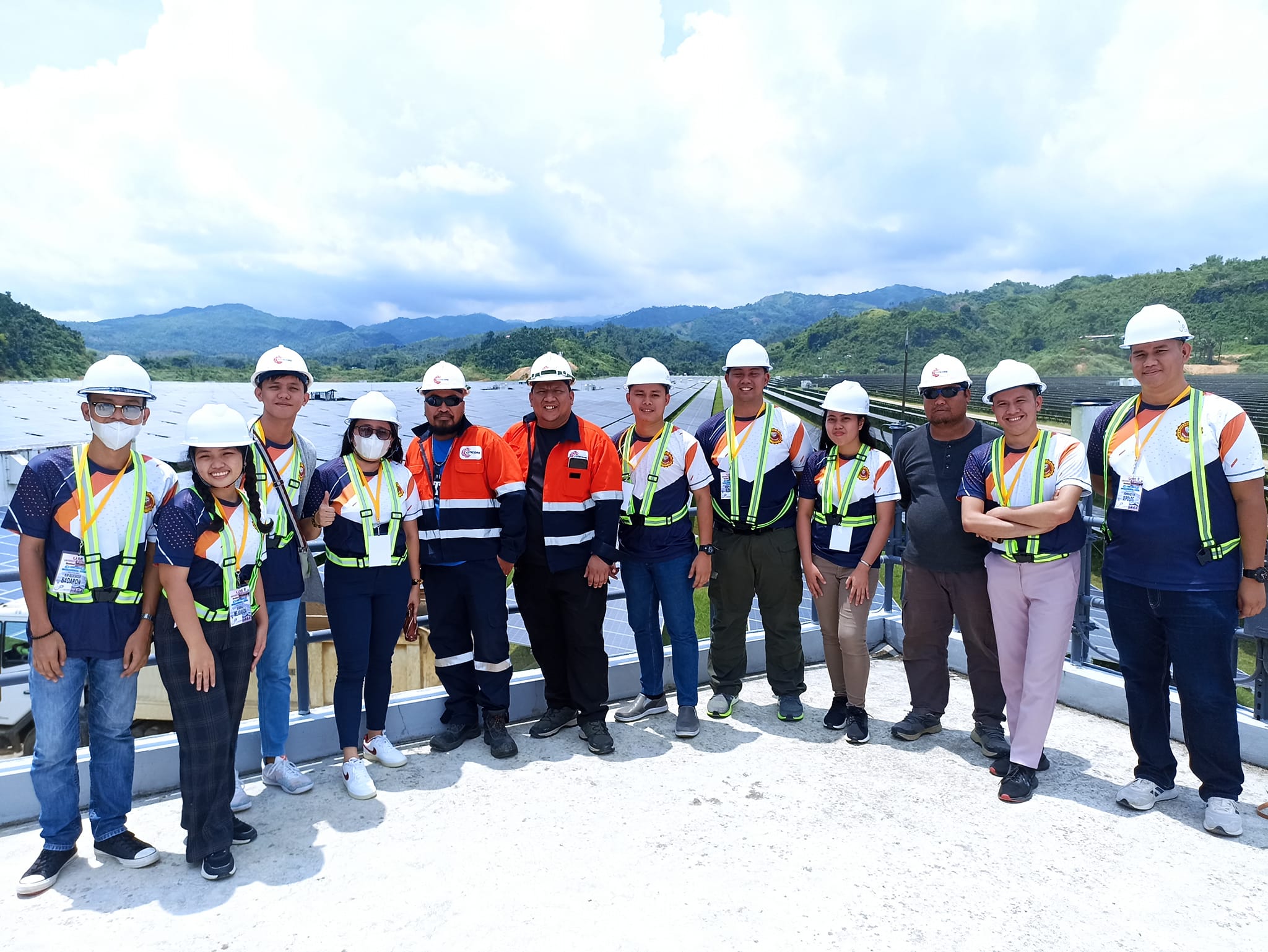
Bachelor of Science in
Electrical Engineering
About the Program
The Bachelor of Science in Electrical Engineering program is crafted to deliver comprehensive knowledge and skills in the technology of electricity. Emphasizing the design and applications of circuitry, power generation and distribution equipment, as well as machine communication and control, this program prepares students for a diverse range of applications in the field of electrical engineering.
Program Educational Objectives
Three to five years after graduation, the graduates are expected to:
- Pursue global competitiveness as electrical engineers through relevant professional practice, entrepreneurship, further education, specialized certifications, and active involvement in national and international professional training and development activities.
- Demonstrate professional expertise by collaborating, innovating, and solving critical challenges in electrical construction, power system operation, industrial automation, academia, research and development, while addressing evolving industry and societal needs.
- Exhibit professionalism, ethical responsibility, and effective communication in the practice of electrical engineering, especially in electrical construction, power systems operation, industrial automation, and academic or research settings, while upholding electrical safety standards and promoting sustainable and socially responsive engineering practices.
Student Outcomes
By the time of graduation, the students of the program shall have the ability to:
- Apply knowledge of math, natural science, engineering fundamentals and an engineering specialization to the solution of complex engineering problems.
- Conduct investigations of complex engineering problems using research-based knowledge and research methods including design of experiments, analysis and interpretation of data, and synthesis of information to provide valid conclusions.
- Design solutions for complex engineering problems and design systems, components or processes that meet specified needs with appropriate consideration for public health and safety, cultural, societal, and environmental considerations.
- Function effectively as an individual, and as a member or leader of diverse teams and in multi-disciplinary settings.
- Identify, formulate, research literature and analyze complex engineering problems, reaching substantiated conclusions using first principles of mathematics, natural sciences and engineering sciences.
- Apply ethical principles and commit to professional ethics and responsibilities and norms of engineering practice.
- Communicate effectively on complex engineering activities with the engineering community and with society at large, such as being able to comprehend and write effective reports and design documentation, make effective presentations, and give and receive clear instructions.
- Understand and evaluate the sustainability and impact of professional engineering work in the solution of complex engineering problems in societal and environmental context.
- Recognize the need for, and have the preparation and ability to engage in independent and life-long learning in the broadest context of technological change.
- Apply reasoning informed by contextual knowledge to assess societal, health, safety, legal and cultural issues, and the consequent responsibilities relevant to professional engineering practice and solutions to complex engineering problems.
- Create, select, and apply appropriate techniques, resources and modern engineering and IT tools, including prediction and modelling, to complex engineering problems with an understanding of its limitation.
- Demonstrate knowledge and understanding of engineering management principles and economic decision-making and apply these to one鈥檚 work, as a member and leader in a team, to manage projects and in multidisciplinary environments.